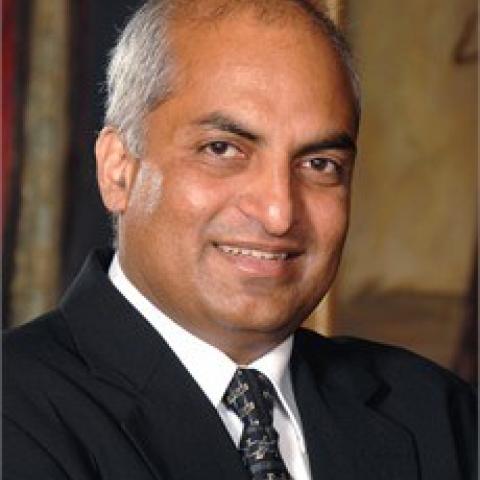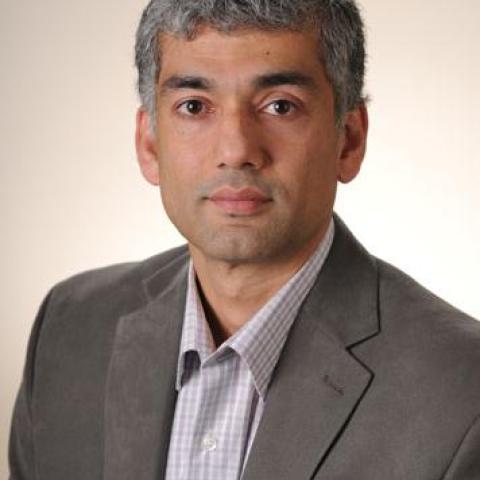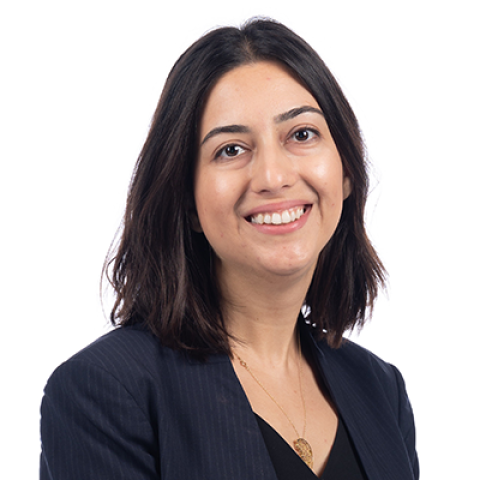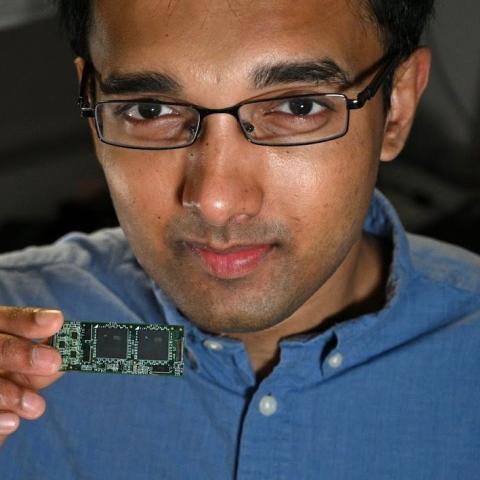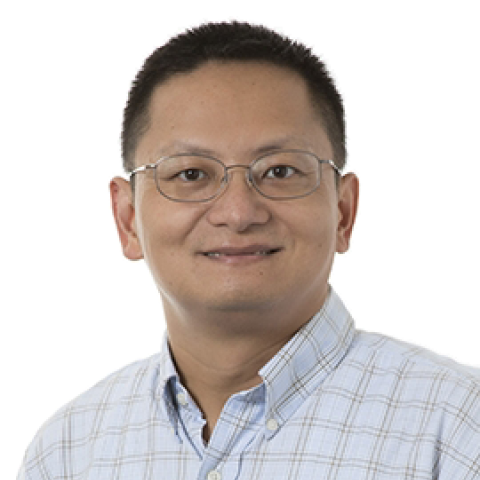Ruth Kanfer

Ruth Kanfer is a psychologist and professor at Georgia Institute of Technology in the area of Industrial and Organizational Psychology. She is best known for her research in the fields of motivation, goal setting, self-regulation, job search, adult learning, and future of work. Kanfer has received numerous awards for her research contributions including the American Psychological Association Distinguished Scientific Award for an Early Career Contribution in Applied Research in 1989, the Society for Industrial and Organizational Psychology (SIOP) William R. Owens Scholarly Achievement Award in 2006 and the SIOP Distinguished Scientific Contributions Award in 2007. Ruth Kanfer has authored influential papers on a variety of topics including the interaction of cognitive abilities and motivation on performance, the influence of personality and motivation on job search and employment, and a review chapter on motivation in an organizational setting.
Work & Organizational Psychology; Motivation; Goal Setting; Self-Regulation Adult Learning; Work & Aging; Work Transitions
